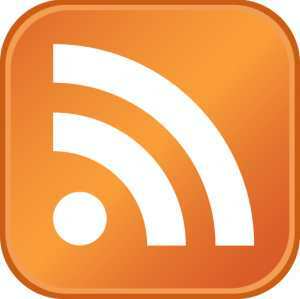RSS is an XML-based standard that inform readers of news on sites of interest. It's a simple way for blogs and news sites to release up-to-date information without the reader having to enter the website/blog address to access that information.

The user interested in getting updates for a particular site, must install a specific reader program (also called an aggregator) on the computer, or subscribe to the feed RSS directly on the website that offers the option to Feeds. feed means "source" or "feeder".
In general, browsers (browsers) already have an integrated RSS reader that will organize all the Feeds subscribed by the user.
There are also several aggregators available for free on the Internet, according to the user's Operating System, for example: FeedReader, Pluck, Liferea, Akregator, etc.
Simpler is the use of online RSS readers, which do not bring many features, but are practical for the user as they do not require the installation of software. Some examples of online readers are: Google Reader, Bloglines, BlogTok, etc.
According to the standard used, the abbreviation RSS can mean Rich Site Summary, RDF Site Summary or Really Simple Syndication.
See also:meaning of podcast.
